
Heartburn or acid reflux shouldn’t have a VIP pass to every meal. Yet, it crashes the party for many, turning a simple bite into fiery regret. The good news? The right foods can keep acid reflux in check while still being delicious and satisfying. No bland, cardboard-like meals here—just brilliant, flavorful choices that work with your stomach, not against it. Let’s dive in!
Bananas

Bananas are often considered a gentle snack—soft, sweet, and easy to digest. Their potassium content may help balance stomach acidity, but their pH levels shift as they ripen. While some find them soothing for heartburn, others may experience the opposite effect. Try them sliced on oatmeal, blended into smoothies, or enjoyed solo—just listen to your body’s response.
Melons
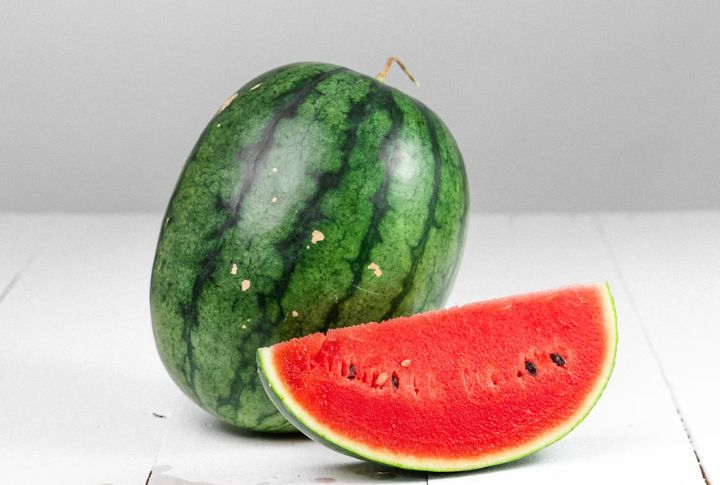
Ever felt that instant cooling effect from a juicy melon? Cantaloupe and honeydew are hydrating, gentle on digestion, and generally stomach-friendly. While watermelon is slightly more acidic, its high water content can still aid digestion—though some may find it triggers bloating. Stick to what feels best for you, and enjoy these refreshing, nutrient-packed fruits!
Oatmeal
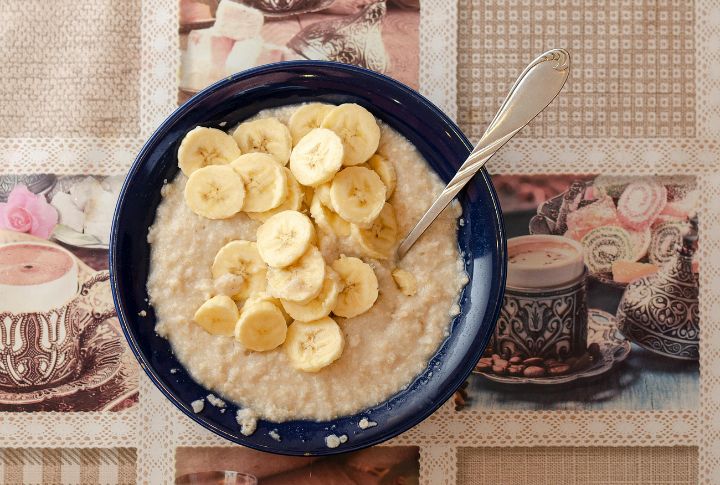
Warm, hearty, and packed with fiber, oatmeal acts like a sponge that absorbs excess stomach acid before it causes trouble. Unlike sugary cereals, it won’t spike insulin or disrupt digestion. Top it with some alkaline fruits or some cinnamon for extra gut-friendly goodness. Oatmeal is a comforting breakfast that works wonders.
Ginger
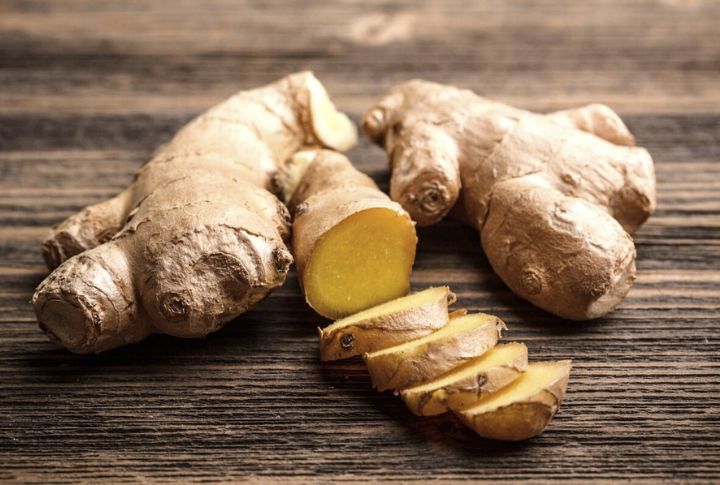
A centuries-old digestive aid, ginger doesn’t just add a spicy kick—it actively fights inflammation and soothes the stomach. It works wonders whether steeped in tea, grated into meals, or eaten as crystallized ginger. Feeling nauseous? A small bite of ginger can settle your stomach in no time.
Leafy Greens
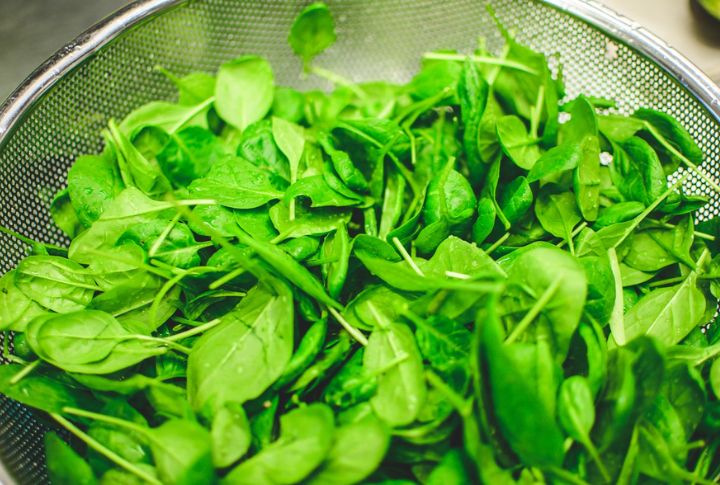
Leafy greens, including kale and spinach, pack a nutritional punch while keeping acid reflux in check. Toss them into salads, saute them with garlic, steam them, or blend them into smoothies. Unlike acidic tomatoes or onions, these greens promote gut health without irritation.
Lean Poultry

Chicken and turkey bring lean, satisfying protein to the table without triggering acid overload. They digest smoothly and keep heartburn at bay, and this makes them a great alternative to fatty meats. Grilled, baked, stewed, or steamed—just skip the heavy seasonings and fried coatings. Want extra flavor? A squeeze of lemon-free herb dressing does the trick.
Fish

Fish meals like salmon and tilapia are tasty and nourish the body with omega-3s. The other win? They’re easy on the stomach. Bonus: They keep your brain sharp, too! Eating them instead of greasy burgers won’t leave you clutching your chest in regret. Just avoid taking too much fish prepared with high-fat methods like frying.
Whole Grains
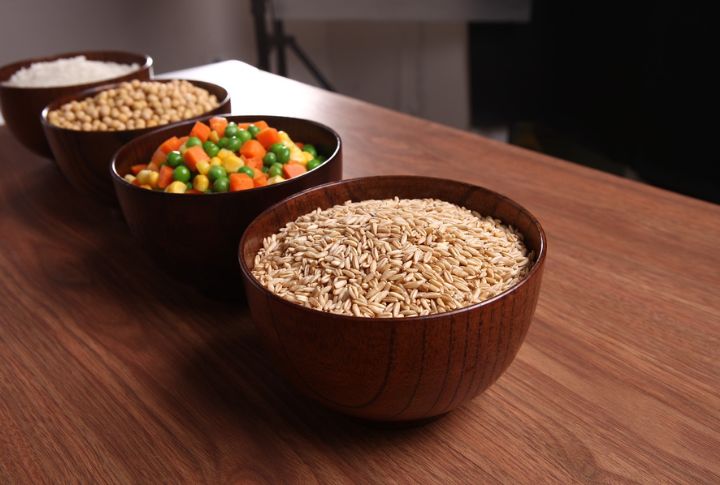
Carbs aren’t the enemy—refined ones are! Whole grains such as brown rice, quinoa, and whole-wheat bread offer fiber that keeps digestion smooth and acid reflux away. They also help absorb excess stomach acid. Swap white bread for whole grain, and your gut won’t hurt.
Root Vegetables
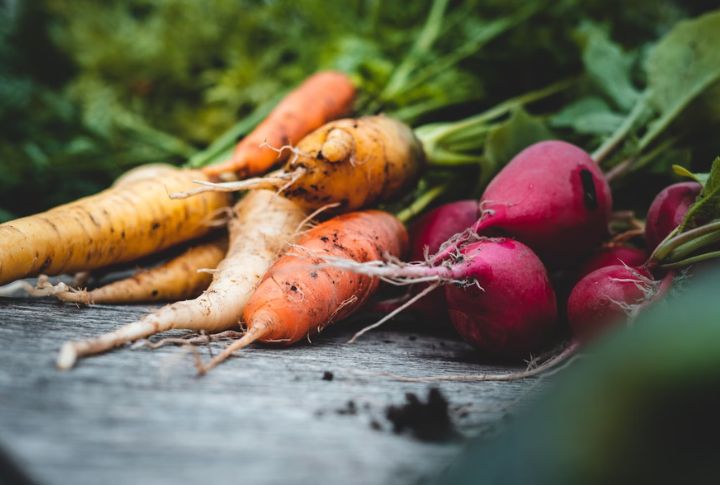
Carrots, beets, turnips, and radishes do more than brighten your plate—they help balance acidity and soothe acid reflux. Whether roasted, mashed, or blended into soups, these vibrant root vegetables support smooth digestion naturally. Their inherent sweetness eliminates the need for added sugar, making them a delicious and gut-friendly choice.
Egg Whites

Egg whites serve up pure protein without the fat content that makes acid reflux worse. Scramble, make an omelet, boil, or whip them into a healthy breakfast wrap. Avoid the yolks, though—they’re high in fat and can trigger digestive distress. Light and satisfying, egg whites keep it simple.
Herbal Teas

Swap that acidic coffee for a soothing cup of chamomile or ginger tea. Unlike caffeine-packed drinks, herbal teas relax the digestive system and help reduce irritation. Sip them warm before bed or after meals for a comforting, belly-friendly ritual. Just skip peppermint—this one can worsen reflux.
Non-Citrus Fruits
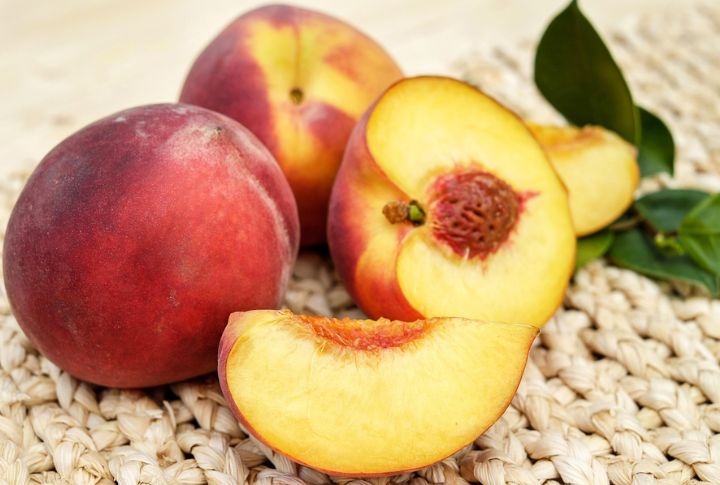
Crisp apples and ripe peaches satisfy a sweet tooth without overwhelming acidity. In contrast to citrus fruits, they’re less likely to trigger discomfort. Whole fruits provide beneficial fiber, which supports digestion, making them a better choice than juices, which lack fiber and may be more irritating.
Potatoes
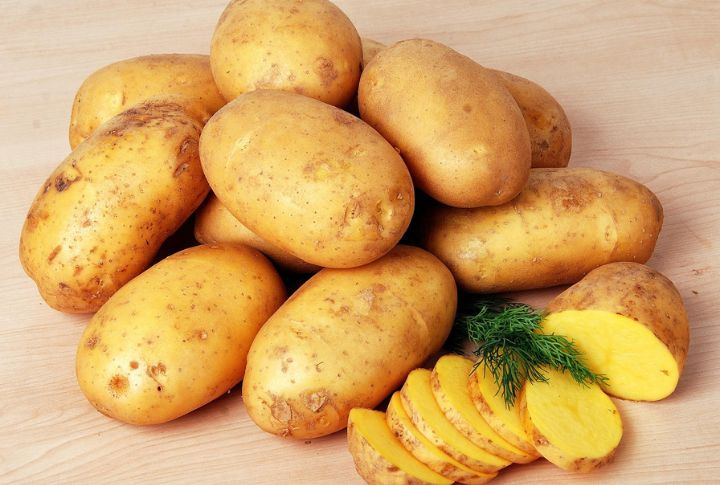
Plain, baked, stewed, or mashed—potatoes are mild and non-acidic, making them a safe bet for reflux sufferers. The key? Avoid butter, sour cream, or cheese because these add unnecessary fat that could slow digestion. Stick to roasted or boiled potatoes and enjoy that comforting, gut-friendly goodness.
Couscous And Rice

Both couscous and rice serve as neutral bases that absorb excess stomach acid. Unlike spicy or greasy sides, these grains digest quickly and keep meals balanced. For a healthier option, go with brown rice for added fiber, or opt for couscous when you need something light and fluffy.
Fennel
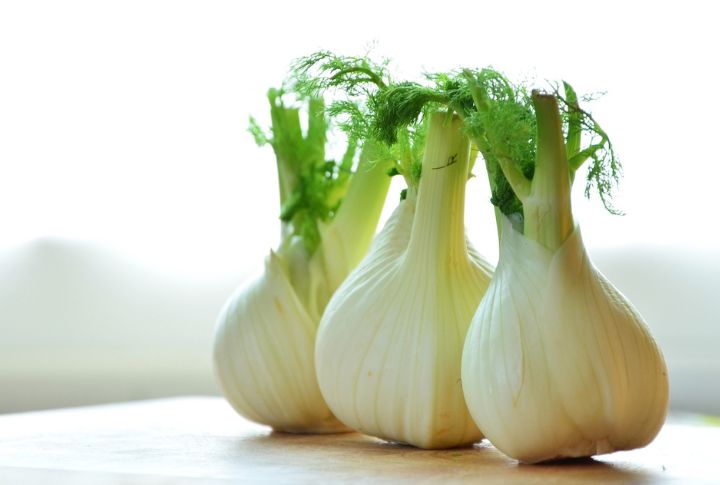
Licorice-like in taste, fennel is a digestive superstar. It reduces bloating, soothes the stomach, and has a natural alkalizing effect. Slice it into salads, roast it, or chew fennel seeds after meals to aid digestion. Who knew something so flavorful could be so soothing?
Almonds
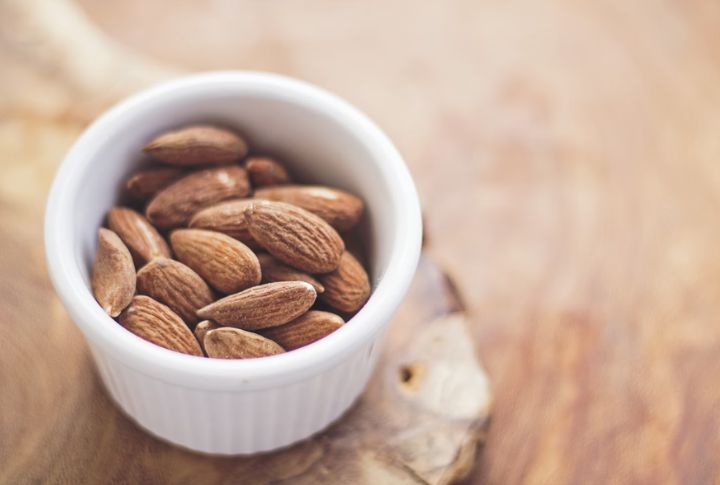
A handful of almonds can neutralize stomach acid and keep hunger at bay. They provide healthy fats without the greasy aftermath of fried foods. However, moderation is key because too much fat can slow digestion and cause heartburn in some people. Stick to raw or lightly roasted almonds for a reflux-friendly snack.
Celery
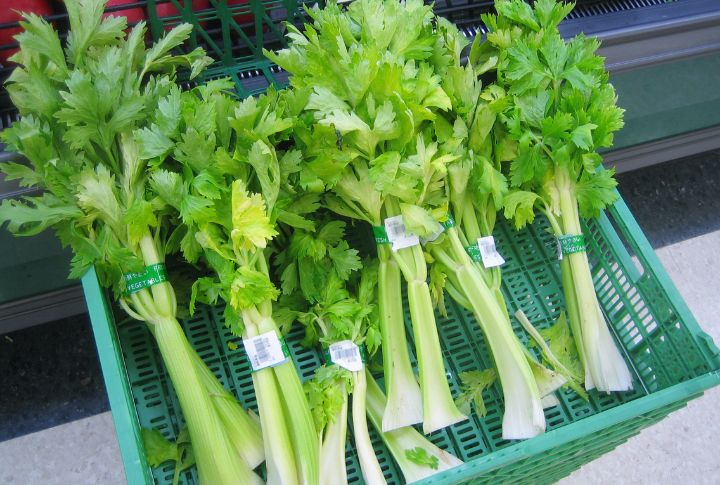
Crunchy and nearly calorie-free, celery is 95% water. For this reason, celery is a top pick for reducing stomach acid. It’s also rich in fiber, aiding digestion naturally. Munch on it raw, toss it into salads, blend it, or dip it in hummus for a gut-friendly crunch that won’t cause regrets.
Avocado (In Moderation)
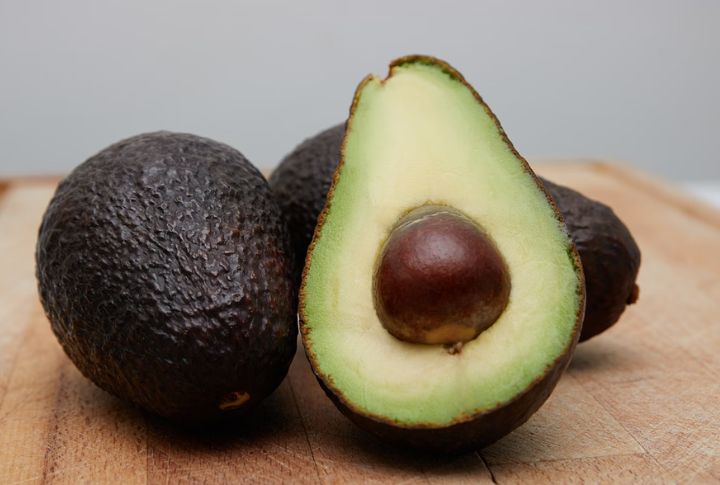
While creamy and nutrient-rich, avocado should be eaten in small amounts. Its healthy fats promote digestion, but too much can slow stomach emptying. A few slices on toast or a salad? Perfect. A whole bowl of guacamole? Maybe not. Balance is everything.
Olive Oil (In Moderation)
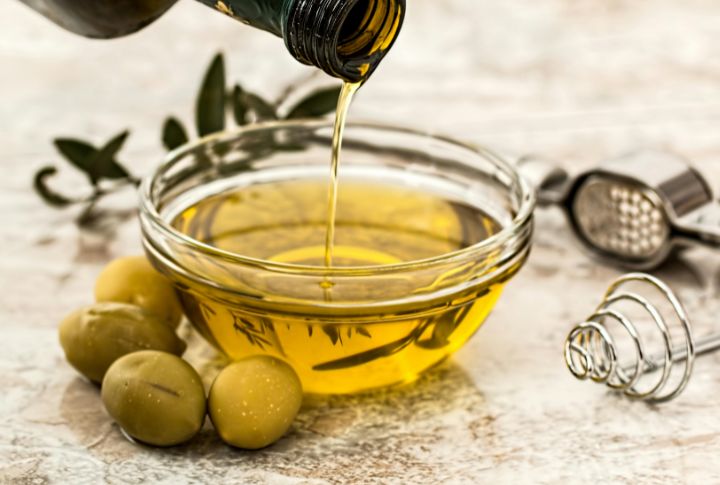
Swap butter and margarine for olive oil, a heart-healthy alternative rich in monounsaturated fats. Although it may support digestion, its high-fat content can relax the lower esophageal sphincter, potentially triggering heartburn in some people. The way around it is to use it in moderation—drizzle over salads or cook lightly.
Cucumber

Cucumbers help hydrate the body and support digestion with their high water content. While not strongly alkaline, their mild nature makes them a soothing choice that is unlikely to trigger acid reflux. Enjoy them sliced in salads, blended into smoothies, soaked in water, or as a refreshing snack for a light, stomach-friendly option.
Leave a comment